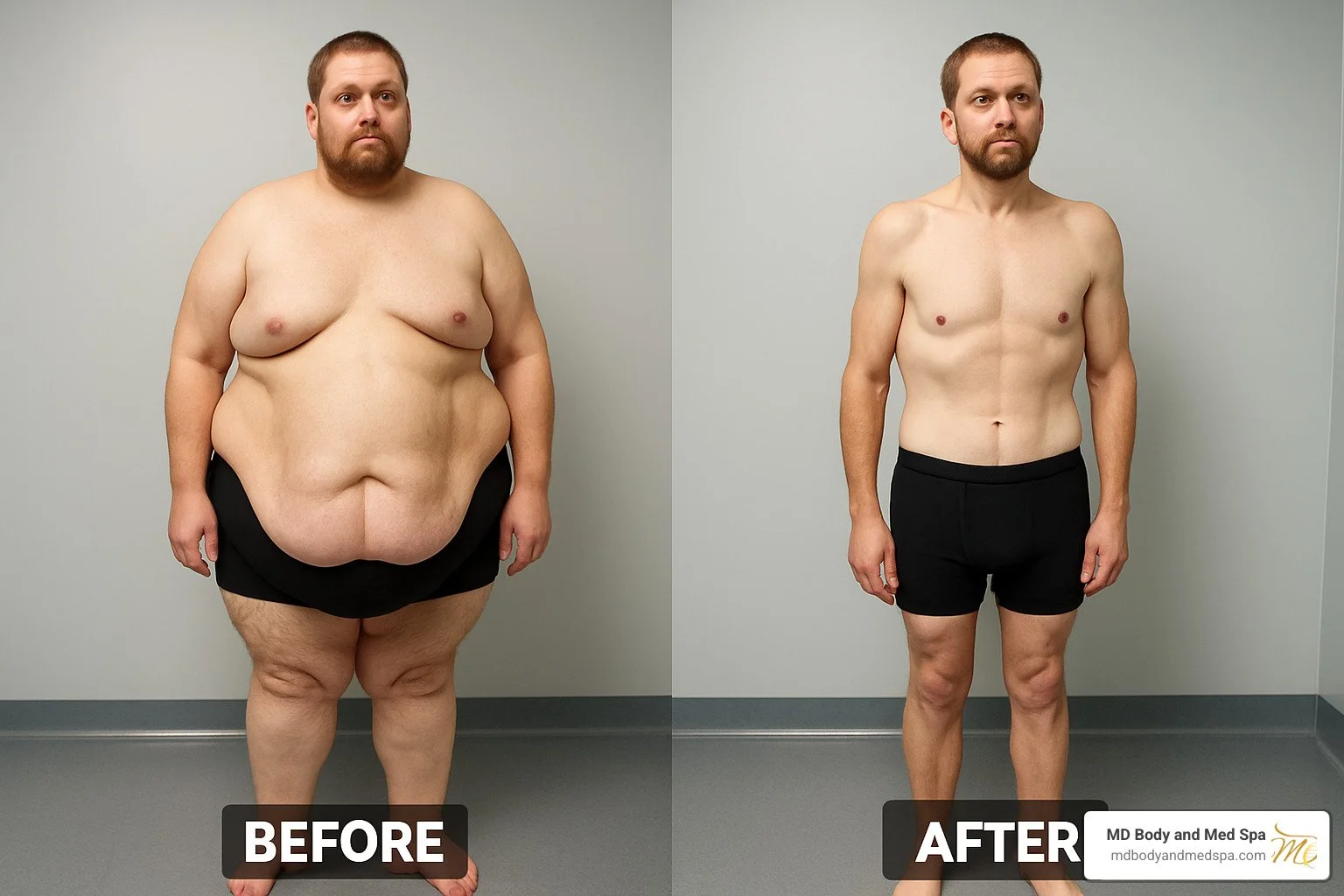Understanding the Different Types of Weight Loss Surgery

Weight loss surgery, also known as bariatric surgery, includes several procedures designed to help individuals with obesity manage their weight. These surgical options alter the digestive system to limit food intake, nutrient absorption, or both. Understanding the primary types of procedures available is a step for anyone looking into this path. Each surgical approach has distinct characteristics and mechanisms for facilitating weight loss.
Gastric Bypass Surgery
Gastric bypass is a widely recognized bariatric procedure. This weight loss surgery involves creating a small stomach pouch and connecting it directly to the small intestine. By doing so, food bypasses a significant portion of the stomach and the upper part of the small intestine. This dual-action approach limits the amount of food that can be consumed at one time, thereby reducing the absorption of calories and nutrients.
The procedure is typically performed using minimally invasive laparoscopic techniques. Patients who undergo this surgery must commit to significant, lifelong changes in their diet and lifestyle. Adherence to specific dietary guidelines is beneficial for managing health and nutritional needs after surgery.
Sleeve Gastrectomy Surgery
Sleeve gastrectomy, often referred to as a gastric sleeve, is a procedure that focuses solely on reducing the stomach’s capacity. During this surgery, a large portion of the stomach is removed, leaving behind a smaller, banana-shaped “sleeve.” This smaller stomach pouch holds less food, which helps reduce calorie consumption.
Unlike gastric bypass, this surgery does not alter the intestines or the process of food absorption. The procedure is less complex than a gastric bypass and does not involve rerouting the digestive tract. Removal of a portion of the stomach also affects gut hormones that influence hunger, appetite, and blood sugar control.
Adjustable Gastric Band
The adjustable gastric band procedure involves placing an inflatable silicone band around the upper part of the stomach. This creates a small upper pouch and a narrow passage to the larger, lower part of the stomach. It helps individuals feel full after eating smaller amounts of food. A key feature of this procedure is its adjustability. The band can be tightened or loosened over time by injecting or removing saline solution through a port under the skin. The procedure is also reversible, as the band can be surgically removed if necessary.
Biliopancreatic Diversion
In biliopancreatic diversion with duodenal switch (BPD/DS), surgeons combine a sleeve gastrectomy with a significant intestinal bypass. They start by creating a smaller, sleeve-shaped stomach pouch, similar to a sleeve gastrectomy. Then, they reroute a long section of the small intestine, forming two separate pathways and one common channel.
This extensive bypass drastically reduces the body’s ability to absorb calories, fat, and nutrients. Due to its complexity and the higher risk of nutritional deficiencies, doctors typically perform this procedure for individuals with a body mass index over 50. Patients must commit to lifelong monitoring and strict nutritional supplementation.
Choose the Right Weight Loss Surgery
Each type of weight loss surgery has unique features, processes, and outcomes, and choosing the right procedure depends on factors like your health profile, weight loss goals, and your surgeon’s recommendation. Making an informed decision requires understanding all available options and consulting with a qualified bariatric surgeon, who can provide a comprehensive evaluation and guide you toward the most appropriate surgical path for your circumstances. To explore your options, schedule a consultation with a bariatric surgery specialist.
- What to Expect When Visiting a Foot and Ankle Specialist
- Causes of PTSD
- The Link Between Plantar Fasciitis and Weight Gain: What You Need to Know
- How Pet Ownership Can Positively Impact Life with Fibromyalgia
- The Importance of Stretching and Flexibility in Sports Medicine
Dr. Emma Green is a health and wellness expert with over 10 years of experience in nutrition and fitness. Passionate about helping others live their healthiest lives, Dr. Green shares practical advice on wellness, nutrition, and sustainable living through LivingSpristine.






